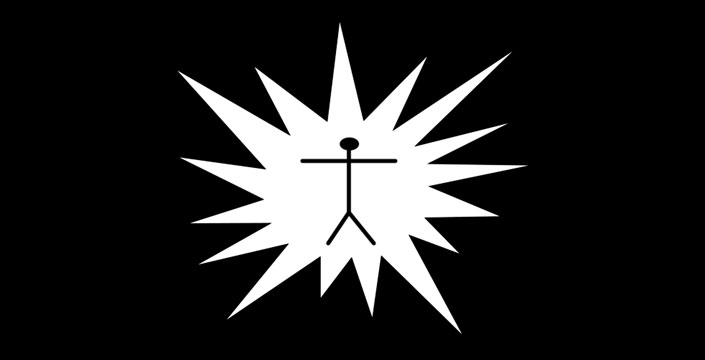
“It has become a culture.”
A report from the Ethiopian Human Rights Council (EHRC) reveals several instances of mass murder and burial in Oromia that took place in the final week of November.
On the night of November 23, no less than 17 members of a single family were murdered in Sherka Woreda of Oromia’s Arsi Zone. Eleven other individuals were killed elsewhere in the same Zone on the same night, while two children are reported to have sustained injuries.
The following day, nine people were killed in a church in Kellem Wolega Zone in western Oromia. Three days later, eight members of another family were killed in Lebu Kebele.
The report also details several other killings in Amaro Woreda of the Southern Regional State.
– Advertisement –
The council disclosed the incidents in a statement issued on December 8, with promises that a detailed report of the human rights violations would soon follow.
The council also decried its inability to monitor and investigate human rights violations across the country owing to interference from government agencies.
The killings were perpetrated by armed forces and most of the victims were buried in mass graves, reveals the statement.
The council calls on the federal, Oromia, and Southern administrations to ensure justice for the killings, which it says are the cause of social, psychological, and economic crises.
“It has become a culture that security forces in Oromia commit human rights violations and go unchecked. The impunity must end, and perpetrators must be held accountable,” reads the statement. “The federal and Oromia administrations must give due attention and work with residents in the region.”
Another statement issued on December 7 detailed that ‘EHRC has been unable to conduct its work due to the myriad of challenges being imposed by government bodies.’
The ministries of Peace and Defense, as well as the Tigray Interim Administration, have all failed to respond to requests for cooperation and support, according to the council. The statement reveals the council is unable to assess and investigate human rights violations committed during the northern war, as well as conflicts elsewhere.
The Addis Ababa Police Commission, for instance, refused to allow the council to visit detention centers and penitentiaries under the City Administration. The Commission reportedly refused to accept a letter from the council requesting a visit.
The Federal Police Commission did the same, as did the Oromia Detention Centers Commission and the Oromia Police Commission, according to the statement.
EHRC’s requests for permission to monitor and investigate rights violations committed against journalists detained in informal prisons in Awash Arba, members of opposition parties, and other political figures under police custody have also been denied.
The council says, meanwhile, it is garnering information of an ‘escalation of human rights violations in informal detention centers’.
The council urged the federal government to move all detainees held in informal prisons including Awash Arba to formal prisons or police stations.
.
.
.
#Rights #Group #Reveals #Details #Grisly #November #Killings #Decries #Govt #Interference #Reporter #Latest #Ethiopian #News #Today
Source link


